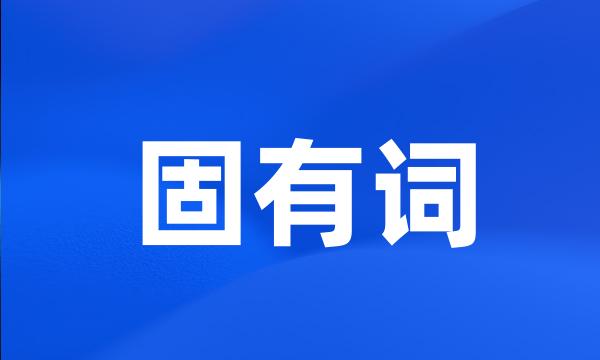固有词
- 网络Inherent word;native word
 固有词
固有词-
汉借词与苗语固有词的语义变化
Semantic Changes of Chinese Loanwords and Own Words in Miao Language
-
朝鲜语固有词与上古汉语的对应关系&以甲、介声符对应词为例
Correspondences of Inherence Words in Korean and those in Ancient Chinese
-
韩国语词汇按其来源可分为固有词与汉字词及外来语三种。
Korea vocabulary includes two systems , Pure Korean and Sino-Korean .
-
第二,固有词仍然是朝鲜语词汇的主体;
Second , main part of Korean vocabulary is composed of vernacular words ;
-
朝鲜语固有词与汉语有同义词群对应关系。
The re 're many correspondent synonyms between connatural Korean words and those in ancient Chinese .
-
第二、在词汇方面,可以发现朝鲜语词汇体系中汉字词在数量上明显高于固有词。
We can find that Chinese characters obviously are higher than the original characters in the Korean vocabulary system .
-
第二节则讨论了韩语固有词与汉语词的对应;
The second section is devoted to the discussion of the correspondence between the words inherent in the Korean language and the Chinese words .
-
现在韩国语词汇系统可以分成4类:固有词、汉字词、外来词和混合词。
The present vocabulary system of Korea language can be divided into 4 classes : natural language , Chinese language , foreign language and mixed language .
-
这些缩略语的构成,分别受到韩语固有词缩略语和英语缩略语构成法的影响,但主要采用汉语缩略语的构成方式。
The form of these contractions mainly adopts the contracting method of Chinese contractions , though influenced by the contracting methods of Korean inherent and English contractions .
-
首先根据新词的来源将其分为固有词,汉字词,外来词,混合词等4部分进行具体的统计分析。
Firstly , dividing into inherent word , Chinese character words , foreign words , mixed words under the new origin of the word and making a concrete analysis .
-
这一部分也是属于形容词的静态研究,从静态的角度对汉语和韩语中固有词的形容词重叠各个方面进行比较。
This part , which compares the repeat adjectives in Chinese inherent terms with one in Korean in all aspects from the static perspective , also belongs to the static study .
-
对汉语方言词的使用,在固有词方面男性比女性使用率高,而在维语借词方面则没有性别差异;
The rate of using original words is higher in male Uighur than in female Uighur . There is no gender difference in the use of words borrowed from Uighur language in Chinese dialect .
-
从构词角度来看,韩语的父母称谓有固有词、汉字词和汉字词词根+固有词词尾三种形式,汉语所独有的亲属称谓主要是口语称谓;
From word formation viewpoint , there are three forms in Korean parent kinship terms including original Korean words , words in Chinese characters and words in the formation of " Chinese character root + original Korean character suffix " .
-
外来语的多少反映了一个民族的开放意识,民族语言中固有词的减少和外来语的增加是语言文字发展的必然规律。
The amount of the loanwords epitomizes the consciousness of opening to the world of a people and the reduction of the fixed words in the national language and the adding of the loanwords are the inevitable law of the development of languages .
-
汉语借词与固有词并存并用,语义呈互补状态;或固有词使用范围缩小;或固有词词义出现转义现象。
The borrowed words together with the proper words are coexist and used together , and the semantic takes on complementary ; or the scope of the proper words has been reduced ; or the sense of the proper words has been transferred meanings .
-
第三,虽然一些论著涉及到词义变异或词汇发展变化,但多以民族语中的汉语借词为主,对于固有词的发展变化则论述较少。
Thirdly , while some of works refer to development and changes of meaning variation or vocabulary , most of them have mainly focused on the Chinese loanwords in ethnic languages . Thus , discussions on the development and changes of the inherent ethnic words have been relatively small .
-
第三章主要分为五个章节:第一节论述了汉韩公文词汇的渊源及待点,并考察了韩语固有词与汉字词的对应现象;
Chapter 3 is divided into five sections : the first section discusses the origin and features of Chinese / Korean official documents , and also explores the phenomenon of the equivalence between the words inherent in the Korean language and those Korean words that are written in Chinese characters ;
